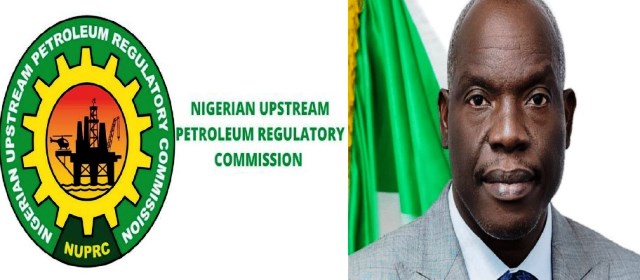For African countries, especially Nigeria, the transmission channel for weak China economic growth will be reduced trade volumes and low investments. Ejeviome Eloho Otobo, a Non-Resident Senior Fellow at the Global Governance Institute, Brussels, raised this concern in a chat with Prime Business Africa.
His comments followed China’s Thursday warning of economic headwinds despite moderate recovery.
Otobo, therefore, urged Nigeria and other African countries to take the warning seriously and retool their corporate governance architecture.
Prime Business Africa had, early Thursday morning, reported that the Asian economic giant had warned of uncertainty despite the rising pace of economic recovery.
China’s Gross Domestic Product (GDP), on a quarter-on-quarter basis, expanded 1.3 percent in the three months leading to the end of June, up from a 0.4 percent expansion in the previous quarter.
But China warned that there would be more uncertainties going forward; an indication of a more protectionistic tendency in its dealings with beneficiary African countries even as COVID-19 continues to impact economies more negatively.
With regard to this possible outcome, New York-based Ambassador Otobo told Prime Business Africa that the relatively modest economic growth figure for China in the second quarter and the government’s warning on it were indicative of the strains that many countries are experiencing as a result of COVID-19.
“All these point to the need for African countries to deepen economic reforms but also crucially ensure political stability to sustain such efforts.”
While the value of African countries two- way trade with China is $187bn, and with US is $46bn, for 2020; the share of Africa trade with China is very small, less than 2%.
“Africa depends more on China than China depends on Africa,” Otobo noted.
Nigeria’s loan agreement with China as of March 2020 was about $5.6 billion. Beijing had disbursed as much as $3.3 billion as of the same period, with Nigeria already servicing the loans and $3.1 billion outstanding as of then.
China’s loans to Nigeria are mostly concessional.
Debt Management Office (DMO) as of February 2021 said eleven projects were being funded by the money. The projects include water supply, power, and railways, as well as airport terminals, communications, and agricultural processing.
“Those are all concessional loans and there are no reasons to be worried about them, they’re all project-tied which I think Nigeria should be happy about,” Patience Oniha, who heads the debt office, was quoted as saying in a February 2021 media interview.














Follow Us